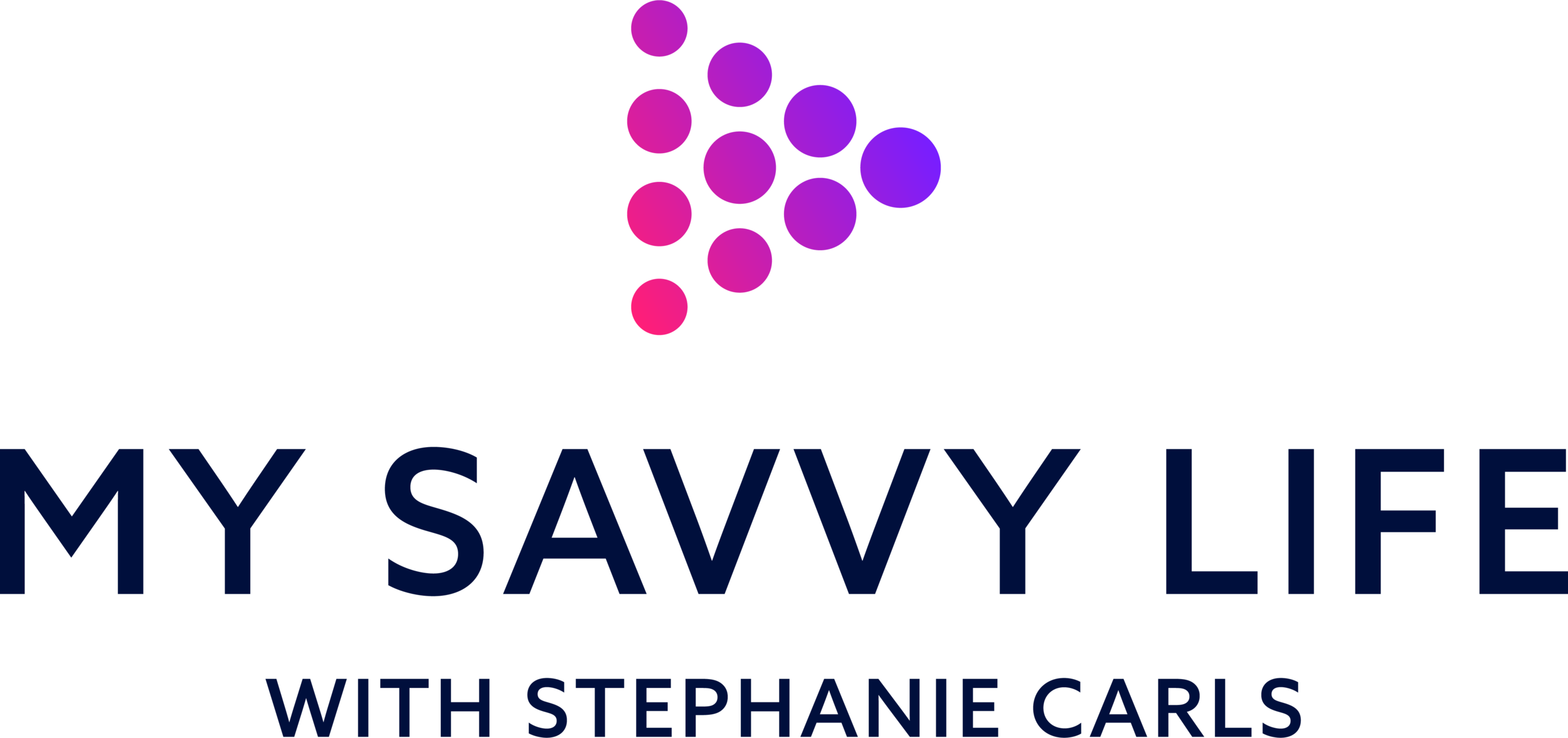Six Life Lessons I Learned From Music
I sit up straight on the bench as my fingertips dance across the keys. I am determined to play each singular note and string together a beautiful harmony. Some days are, naturally, harder than others. Yesterday, I did a little more playing outside than practicing inside. But I love the taste of success, so I push ahead and tickle those ivories until a big grin slides across my face.
“Just a few more minutes,” I say when my mom calls me for dinner. “I’ve almost got it.”
The year was 1988 and I was just seven years old.
It was a rule in our house that my sister and I were to start piano lessons once we began to read and play throughout high school. Playing the piano was something I loved at a very young age. I didn’t always want to practice, but as the years went on, my love for the piano grew. Come high school, another rule set in --- we also had to choose an instrument to play in the band. I took after my aunt and chose the oboe – the hard work paid off and it was music to my ears when I received a talent grant to Eastern Illinois University.
Whether I was playing piano or practicing and performing with the oboe, I gave it my all. I thrived on learning something new and mastering it before my next lesson.
But what I didn’t know – that my parents obviously did – was just how important music lessons would be in the grander scheme of my life. According to the mounds of research, children who play musical instruments generally have higher self-confidence, excel in school, work well in teams, are better able to express themselves creatively and have greater critical-thinking skills than children who don’t.
Let me unpack that for you: the music lessons you give your child today will help solve the problems of tomorrow.
Armed with that information, how could I not give Chase and Carson a musical foundation? The lessons I learned playing the piano and oboe went far beyond knowing how to read sheet music and play in harmony with the band. I learned from a young age what it meant to strive for success and just how delicious it tasted afterward. Here are six life lessons playing the piano and oboe taught me:
Perseverance. I loved learning new notes and working hard to play a song seamlessly, but it was challenging – especially for a young mind. It was in overcoming my mistakes, that I quickly became a do-er and not just a dabbler in music. It was the day-in and day-out of music practice that I learned the importance of follow-through to get the results I wanted.
A strong work ethic and discipline. Sometimes I didn’t want to practice, but I gave my best at every touch because I knew the payoff would be grand. This set me up for success in the workforce when projects suddenly took an unexpected turn. Again. And again. Music taught me to anticipate hurdles, and to always be ready to jump over them.
How to listen first and speak second. Sitting with a music instructor, I had to take direction well. If I went in too hastily with questions, I’d miss the lesson. The same rings true in business. When I’m trying to find out exactly what a client wants, I first listen closely and then ask questions afterward. It’s usually in the listening that I figure out the answers I need to know.
Personal Responsibility. Sure, some days I didn’t feel like practicing or learning something new, but it was about giving my all for the betterment of my team. I learned how to show up. On time. Prepared. And I learned what it looks like – and feels like – when others don’t.
Leadership. Leadership comes very naturally within a musical organization because music itself demonstrates leadership. We follow the score written by the composer. The audience is led emotionally by the band. There is a proper blend of individuals within the ensemble to create a successful sound. There is a correct balance structure in the instrumentation that changes base on the situation.
The importance of setting goals. A successful musician must be setting goals all the time. I would have goals about the preparation of a particular piece of music for the purposes of performance. Goals should be written down and reviewed often. They may be modified as better solutions are discovered during the process. It is helpful to share your goals with a teacher or a friend in order to be accountable to them in addition to yourself.
I can’t wait for Chase and Carson to begin their musical journey. Based on what we know – and what I’ve personally experienced – starting early lays the foundation for goal setting, early communication skills and life-long success.

